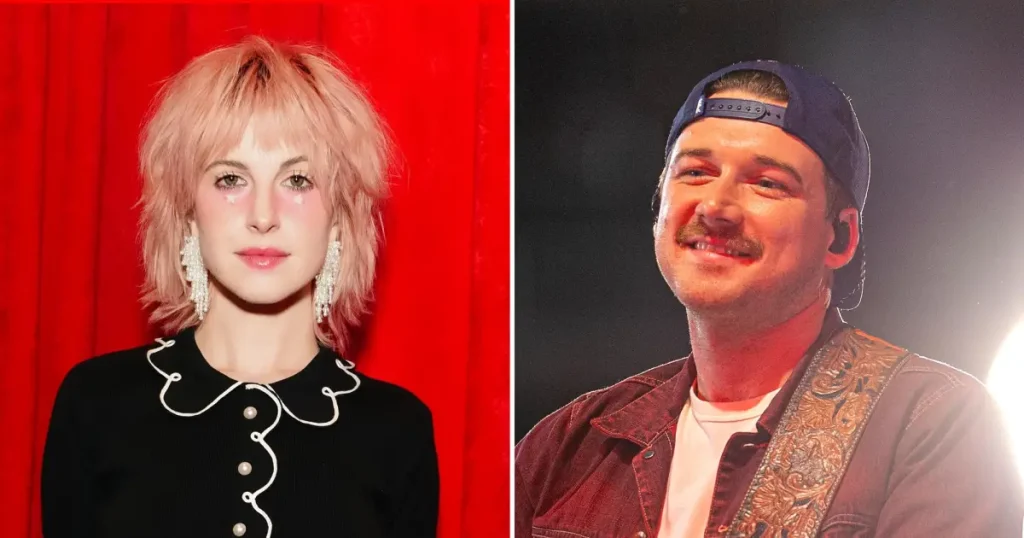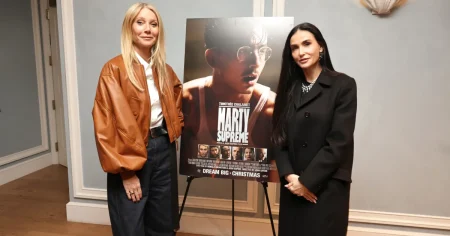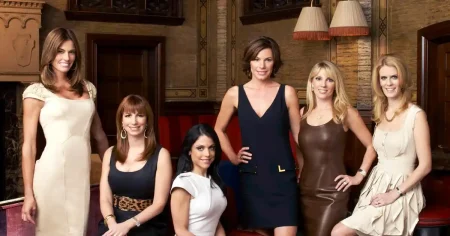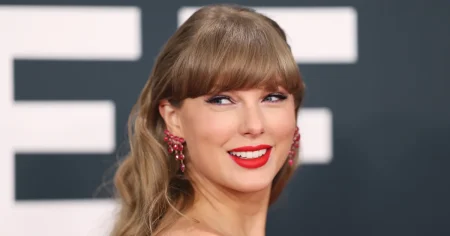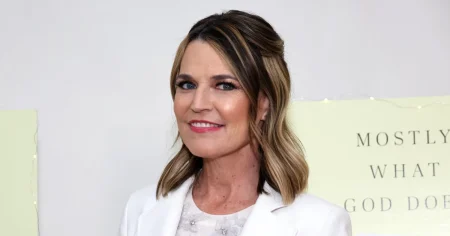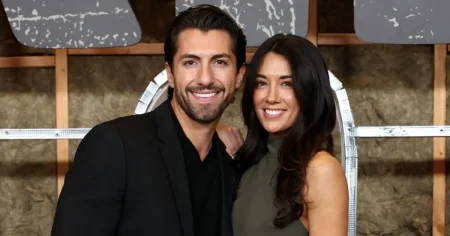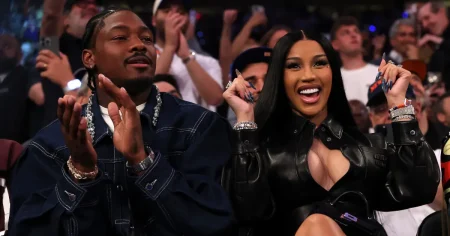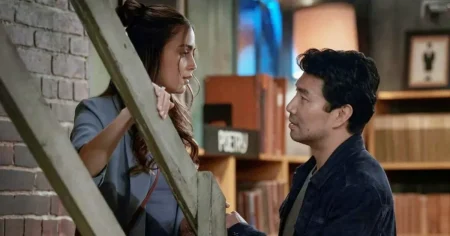Hayley Williams Takes a Stand: Confronting Country Music’s Controversies
In a bold and unapologetic revelation, Paramore’s lead singer Hayley Williams has publicly identified Morgan Wallen as the inspiration behind her pointed lyrics about a “racist country singer” in her solo track “Ego Death at a Bachelorette Party.” During a recent appearance on “The New York Times’ Popcast” podcast, the 36-year-old artist didn’t mince words when discussing the controversial reference: “It could be a couple, but I’m always talking about Morgan Wallen. I don’t give a s***.” Her casual challenge—”Find me at Whole Foods bitch, I don’t care”—demonstrates Williams’ willingness to stand by her artistic expression, regardless of potential backlash from Wallen’s substantial fanbase or the country music establishment.
The lyrics in question—”I’ll be the biggest star at this racist country singer’s bar”—had sparked speculation among music fans since the release of Williams’ latest solo album. Her candid admission connects to broader criticisms she’s expressed about Nashville’s music scene and the culture surrounding celebrity-owned establishments in the city. In an August interview with Stereogum, Williams didn’t hold back when asked about her favorite country artist’s establishment: “There’s really no good ones… Pass, hard pass to all of them. They all have terrible names too.” She specifically singled out Wallen’s venue when pressed about her least favorite, revealing a consistent stance against what she perceives as problematic elements in mainstream country music culture.
Wallen’s establishment, “Morgan Wallen’s This Bar and Tennessee Kitchen,” opened in 2024 in Nashville’s Lower Broadway district. The six-story venue represents the kind of celebrity-branded businesses that Williams critiqued for lacking creativity, saying, “When you open a business, you don’t just put your name on it. You come up with something, right?” In contrast to these conventional venues, Williams playfully shared her own alternative vision: “My friend Brian and I have joked for years that we were gonna open a bar called Scissors for the community… We need more gay bars in Nashville.” This comment highlights her support for greater LGBTQ+ representation in Nashville’s entertainment district, positioning her values in opposition to the traditional country establishment.
The context for Williams’ criticism stems from Wallen’s 2021 controversy, when the 32-year-old country star was caught on camera using a racial slur. The incident resulted in significant professional consequences, including an “indefinite” suspension from his record label and removal from various streaming services and radio stations. Wallen issued a public apology on Instagram, stating: “I appreciate those who still see something in me and have defended me. But for today, please don’t. I was wrong. I fully accept any penalties I’m facing.” Despite this contrition, Williams’ lyrics suggest she remains unconvinced by his redemption narrative.
Wallen’s career recovery occurred relatively quickly despite the severity of his actions. By 2022, just one year after the scandal, he was winning Album of the Year at the ACM Awards—a ceremony from which he had previously been banned. This rapid rehabilitation within the industry may partially explain Williams’ continued criticism, as she appears to question whether meaningful accountability took place. Her willingness to specifically name Wallen represents a rare instance of a major artist directly challenging another performer’s problematic behavior, particularly across genre boundaries.
Williams’ comments extend beyond a personal critique of Wallen to address systemic issues within Nashville’s music scene. By contrasting the proliferation of celebrity-branded establishments with her vision for more inclusive spaces, she’s making a statement about representation and values in country music’s capital. As an alternative rock icon speaking out against a country music superstar, Williams crosses genre lines to address broader cultural concerns about accountability, inclusivity, and how the music industry responds to controversial behavior. Her candid approach demonstrates how artists can use their platforms to spark conversations about important social issues, even when doing so might invite criticism from powerful figures or their devoted fan bases.




